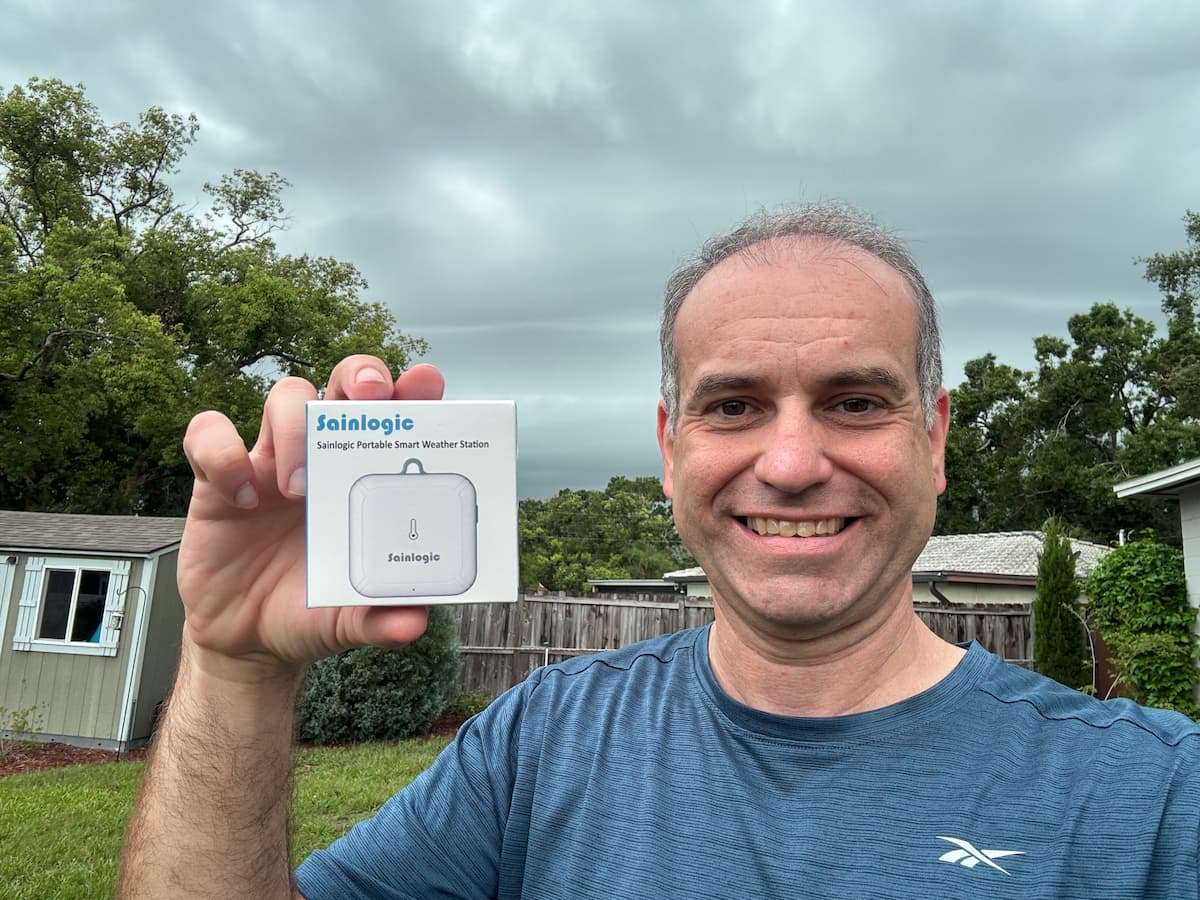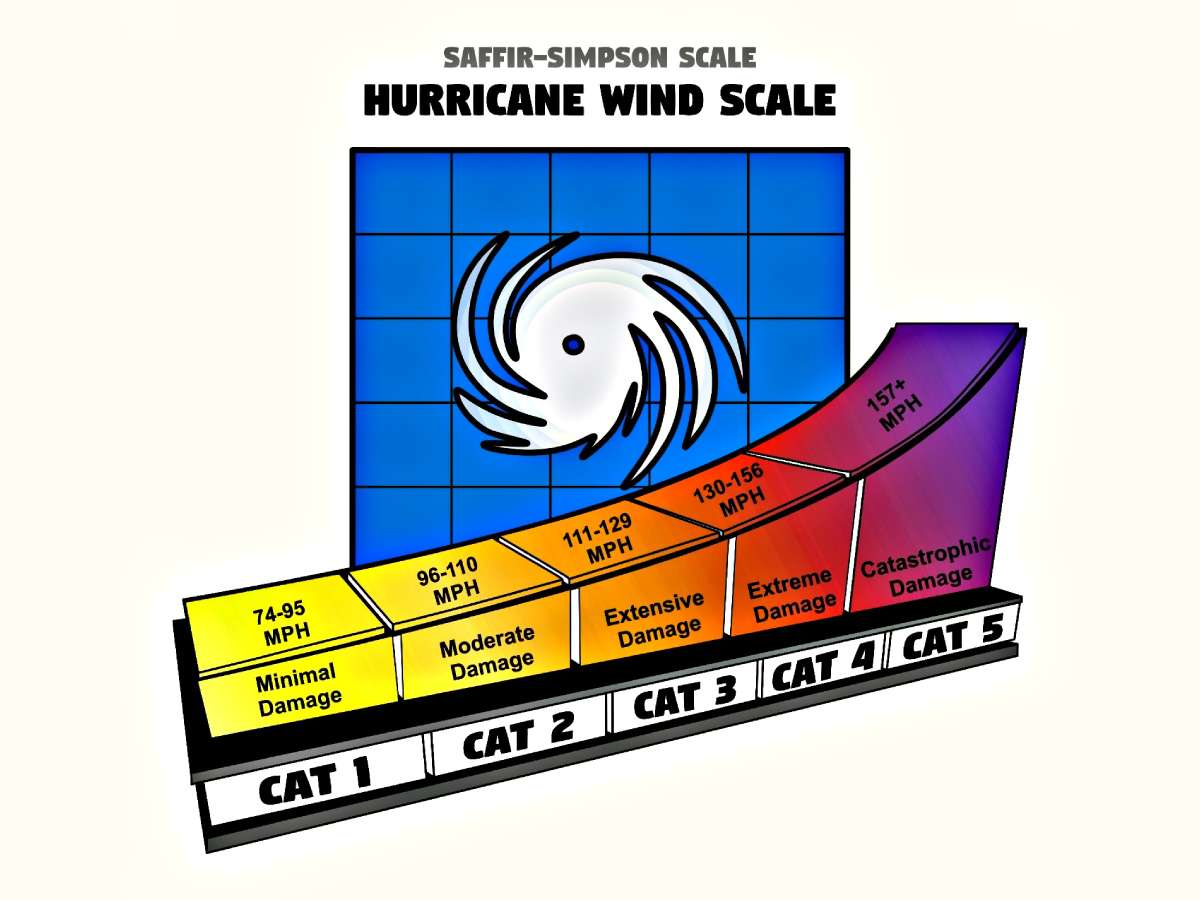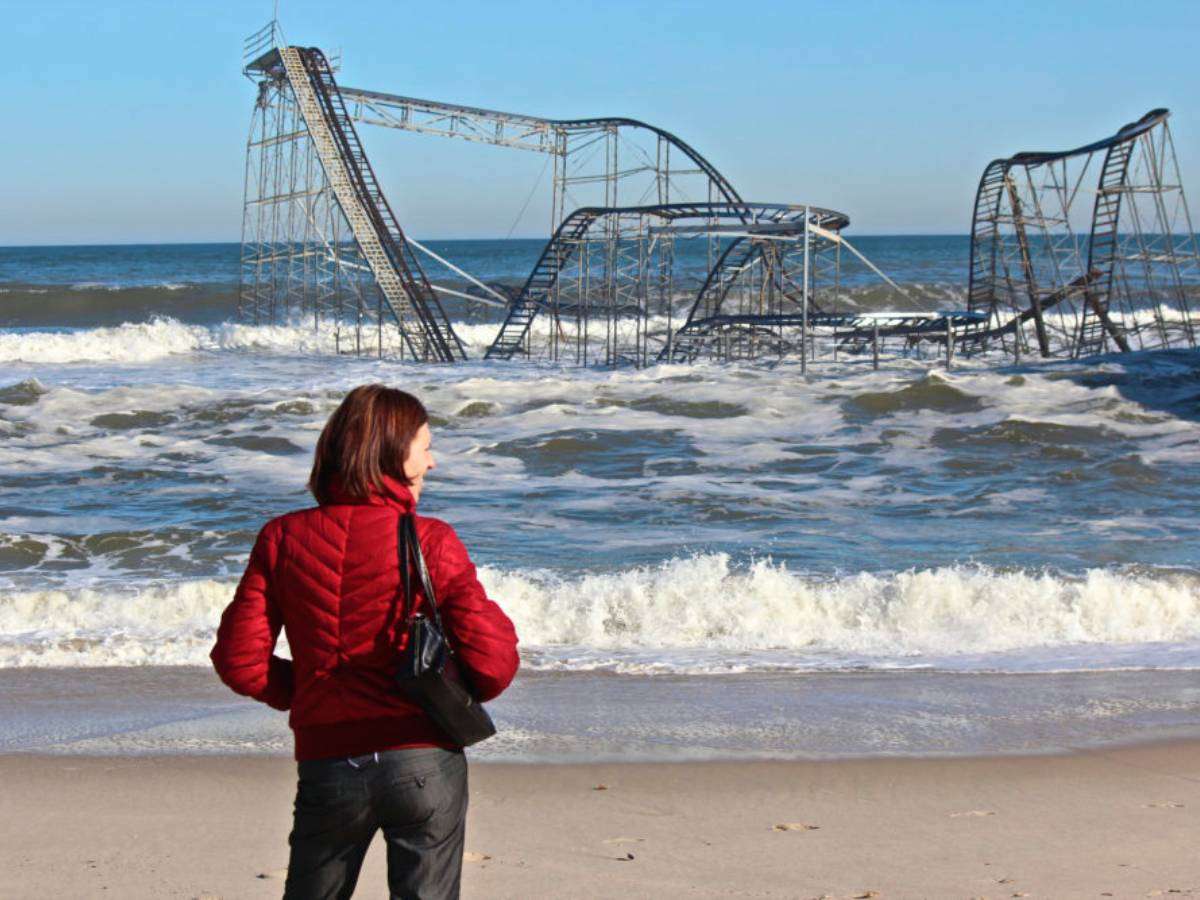 Did you know there are 2 types of sunblock?
Did you know there are 2 types of sunblock?
I didn’t know that until I read an interesting article by the Univeristy of California which reports the 2 major types of sunblock are:
- Chemical sunblocks — which work by absorbing the energy of UV radiation before it affects your skin.
- Physical sunblocks — which reflect or scatter UV radiation before it reaches your skin.
For the record, some sunblocks combine both chemical and physical sunblocks.
Here are some little-known facts about sunblock:
- Each numeric unit in the SPF ratings indicates 20 minutes of protection before burning would occur. Therefore, an SPF 1 offers 20 minutes of protection. An SPF 10 offers 200 minutes, and so on.
- A sunblock’s actual protection varies based on your own skin’s sensitivity to burning.
- Products with an SPF rating of 60 or higher are considered sunblocks. Those with an SPF rating of less than 60 are classified as sunscreens.
It’s ok to be out in the sun for 20 minutes without covering every square inch of your kid with SPF 80. Sun exposure is good for us, (Vitamin D!), and it’s been studied that people – especially kids – with regular moderate time in the sun are healthier and may have less risk of developing conditions like Multiple Sclerosis or other auto-immune deficiencies. But sunburns are not good, so choose a safe sunscreen for long days in the sun and apply according to the directions for days when extended sun exposure is on the docket! —SafeMama
UPDATE: New Changes In 2012
Sunscreen fact: the difference in effectiveness between SPF 30 and SPF 75 is less than 5%. Don’t be fooled by the high SPF number – you still need to reapply every couple of hours, especially if you have been swimming or perspiring. Notice there is no “sun block” anymore? FDA has banned the term as nothing blocks the sun.
You will no longer see SPF products over 50 on store shelves. Instead they will all be labeled 50+. The FDA’s reasoning (and it is correct) is that since SPF 50 already blocks 99% of incoming UVB radiation, studies have found no advantage to using over SPF 50.
More About Sunscreen
- 7 Surprising Things You’re Not Supposed To Know About Sunscreen
- Safe Sunscreen Cheat Sheet
- What You Didn’t Know About Sunscreens
- Sunscreen Does NOT Protect Against Cancer… And May Actually Cause It
- Most Sunscreens Make False Claims & Contain Dangerous Ingredients
- Facts You Need To Know About Sunlight, Skin Cancer & Vitamin D
- Video: Sunscreen 101




